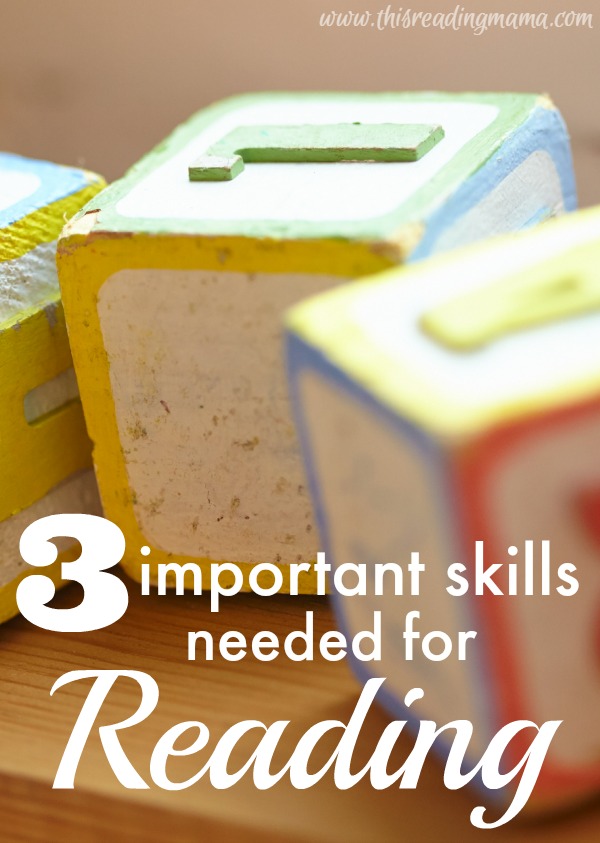by Ann Mitchell | Dec 6, 2018 | Home
Multiple Intelligences, What are they? Have you ever wondered how your child learns? Or even what is the best way for your child to learn? Some children struggle with just reading and not math. Some struggle in math and not reading. How do you help the child who struggled in both? Have you ever wondered what is the best way for my child to learn?
Every child does learn differently. As a parent of four children, I could tell each one learned at their own pace and their own style. As I was in college and reading Multiple Intelligences in the Classroom by Thomas Armstrong (2000) I learned there are many different ways to help support children within the classroom setting.
As I expand my business to include courses this is one of the areas I will be sharing. I will be including how to best help your child based on Multiple Intelligence’s. Sign up below to receive updates on when the first course will be ready for you to register for. I am excited to be able to help children and families this way.
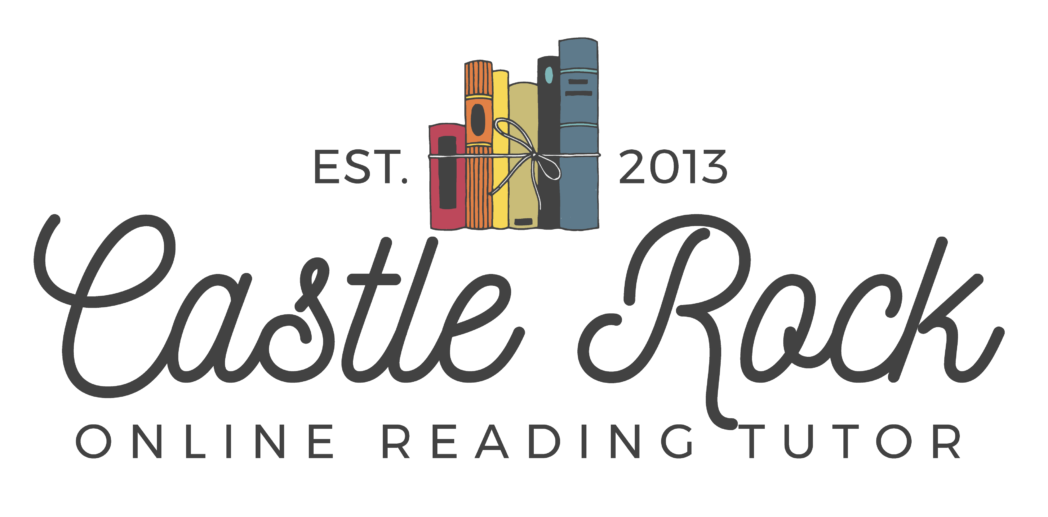
- Linguistic – the ability to use words effectively both orally and in writing. Some examples of these individuals would include storytellers, an editor or a journalist.
- Logical-Mathematical – the ability to use numbers effectively and to be able to reason well. A tax accountant, statistician, and a computer programmer are a few examples mentioned.
- Spatial – the ability to perceive the visual-spatial work accurately (hunter, scout, or guide) and to perform transformations on those perceptions (interior designer, artist or an inventor)
- Bodily-Kinesthetic – the expertise of using one’s body to express ideas and feelings ( actor, dancer, or an athlete) and facility in using one’s hands to produce or transform things (sculpture, mechanic, or surgeon) This intelligence does require certain physical skills such as coordination, balance, and strength.
- Musical – the ability to perceive, discriminate, transform, musical forms. This includes sensitivity to the rhythm, pitch or melody of the music. Composers, musicians, critic, or even a music aficionado are included in this group.
- Interpersonal – The ability to perceive and make distinctions in the moods, intentions, motivations, and felling of other individuals.
- Intrapersonal – Self-knowledge and the ability to act adaptively on the basis of that knowledge. Being able to understand oneself (strengths and weaknesses) awareness of inner moods and the capacity for self-discipline.
- Naturalist – Expertise in the recognition and classification of numerous species of the individual’s environment. This includes the environment one lives in and to discriminate between different items (urban setting to pastures and mountains). Multiple Intelligences in the Classroom (2000)
The basics of helping your struggling reader course will be the first in a series of six courses that will provide you as a parent of a struggling reader understand how to best help them. When complete the courses will include information on phonics, spelling, comprehension, fluency, and vocabulary.
Courses that will begin to appear are:
Basics of helping your struggling reader
Phonics
Sight Words
Spelling
Comprehension and Vocabulary
Sign Up Now to receive updates!
by Ann Mitchell | Sep 7, 2018 | Home
Reading Fluency and Confidence. As a child and to this day I have had to work on my reading fluency. In middle school, I remember going to a special class to work on the computer to help increase my fluency. I thought to myself why do I need to increase my fluency rate. I can comprehend ok. Not great but ok. Then came the day I remember I needed to read out loud in class. That did it. Everyone else could read fluently, clearly and pronounced every. I pronounced every word correctly but at a lot slower rate than everyone else. Over the years I have progressively gotten better. I did not work with a tutor or anyone because I did not want anyone to know. Confidence in my reading was at an all-time low.
There has always been the push that 20 minutes of reading every night is best for children. If you are a parent you understand that. However, just as when I was growing up reading out loud is not comfortable when you struggle with reading. As a tutor now I recommend parents to read out loud with their children. That way you know and can hear why they are behind and struggle in school.
What is fluency and why does it matter if we read quickly? Fluency is the ability to read a text accurately, with proper speed, and expression. It is important because it provides a connection between word recognition and comprehension. When fluent readers read silently, they recognize words automatically. They can group words quickly to help them gain meaning from what they read.
You may be wondering what you should look for if your child is struggling with fluency.
- Do you ever hear your child say, “I hate reading?” or “This is so stupid.”
- Your child may say, I get stuck when there’s a lot of words on the page
- It takes too long, so I just give up.
- They may read slow and sort of choppy and without expression
- At school, they may be below grade level when it comes to fluency
What you can do to help:
- Have your child track with their finger as they read so that they can stay in the right place
- Always support and encourage them
- Check with teachers and see where their fluency level is, check on decoding and word recognition as well
- Get some books on tape (at their reading level) so that they can follow along
- Read with them a paragraph at a time and have them practice your speed. This may take time so just encourage them to do their best
- Does your child have a favorite book? Have them read it (like they probably do) over and over. They will begin to recognize those words immediately.
- Look at the local library for reader’s theater, poetry or even reading music lyrics
- Have them read just right books*
Just right books are books that your child is comfortable reading. When they pick out a book from the library*
- Open to any page ( must
 have mainly words on it)
have mainly words on it)
- Begin reading that page
- No more than 5 mistakes, if greater the book is too hard if less the book is just right.
As an adult who continues to practice her reading fluency, I felt embarrassed in middle and high school when I needed to read out loud. As a parent, I could often hear one of my own children reading out loud to themselves just so they could understand their homework better. So just encourage your children to read at least 20 minutes a day.
If there are any questions about your child’s reading fluency I would be happy to answer them. If you think they are struggling beyond these suggestions, just give me a call.
What I Use To Measure Reading Fluency
Fluency and Confidence
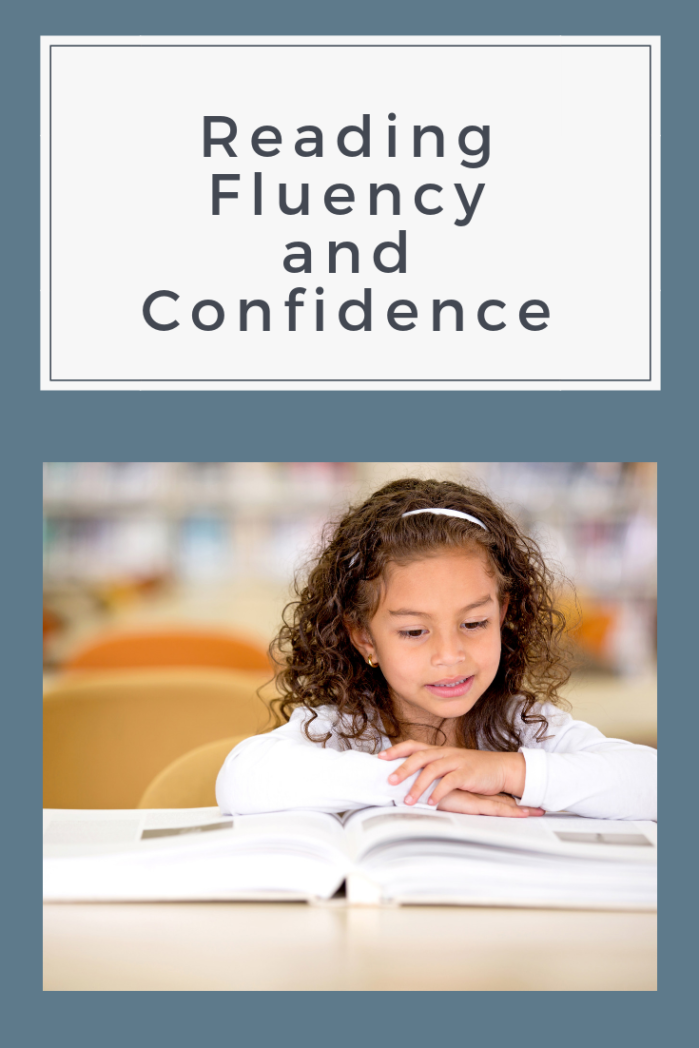
by Ann Mitchell | Aug 31, 2018 | Home
 Does your child struggle in both reading and math? As a Special Educator and a tutor, I have worked with many children who not only struggled in reading but struggled with math as well. During this past year, I have researched about the difficulties students have in school (reading and math). I mainly tutor struggling readers and have a concrete plan on how to close that gap quickly but math is different (for me it always has been) until recently. So if you have any questions about either please don’t hesitate to reach out.
Does your child struggle in both reading and math? As a Special Educator and a tutor, I have worked with many children who not only struggled in reading but struggled with math as well. During this past year, I have researched about the difficulties students have in school (reading and math). I mainly tutor struggling readers and have a concrete plan on how to close that gap quickly but math is different (for me it always has been) until recently. So if you have any questions about either please don’t hesitate to reach out.
 Reading
Reading
When kids struggle with reading they struggle with self-confidence. When they come home from school saying that they cannot read the same chapter books as their friends. I totally understand. Sometimes tears are shed during homework time at the kitchen table, even getting them to read for twenty minutes before bed is a lost cause. I have worked with children since 2008 on their reading skills. Online tutoring has not only grown but helps raise that confidence in the privacy of your own home with books that are at their level.
Homework Suggestions
I offer a FREE Reading Assessment using the QRI 5. I assess sight words and vocabulary understanding. Over time you will see that smile, the enjoyment of reading and the headaches are gone.
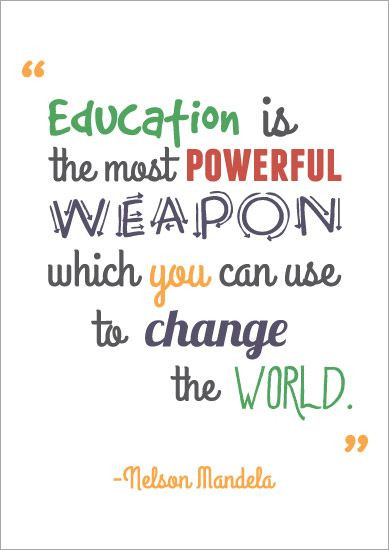
 Math
Math
When I was young I had the hardest time with math. If it was not for my math college professor that showed me how math works in the real world and made it fun I actually did my problems set to music (humming really). You won’t ever catch me singing. Talking about singing you use math. Gardening you use math. Cooking a meal you definitely use math. Who’s hungry?
I have plenty of resources and professional development courses on different resources and assessments on how to help students with math. Examples would include hands-on / multi-sensory learning. Have a number line available, work on tracing the numbers so that they know the symbols and amounts. Just as in reading somethings just need to be memorized.
First, if your child is struggling in both reading and math is to stay in close contact with the school. (teachers. counselors, principal) If you do not see any improvement after a few months, for example from the beginning of the school year until just before the holiday break in December. So that if testing needs to be completed they can schedule it for right after they return to school. A request for testing needs to be in writing to any of the people listed above.
Second, reach out to me with any questions and a FREE assessment, which is never a reason for tutoring but of course, it is always offered. Check out my website Castle Rock Online Reading Tutor and if you would like to schedule something please let me know. An excellent resource for more information is http://www.wrightslaw.com/ has come in handy quite a bit in my journey as a Special Educator.
The MORE that you READ, the more THINGS you will KNOW.
The MORE you LEARN, the more PLACES you’ll GO! – Dr. Suess
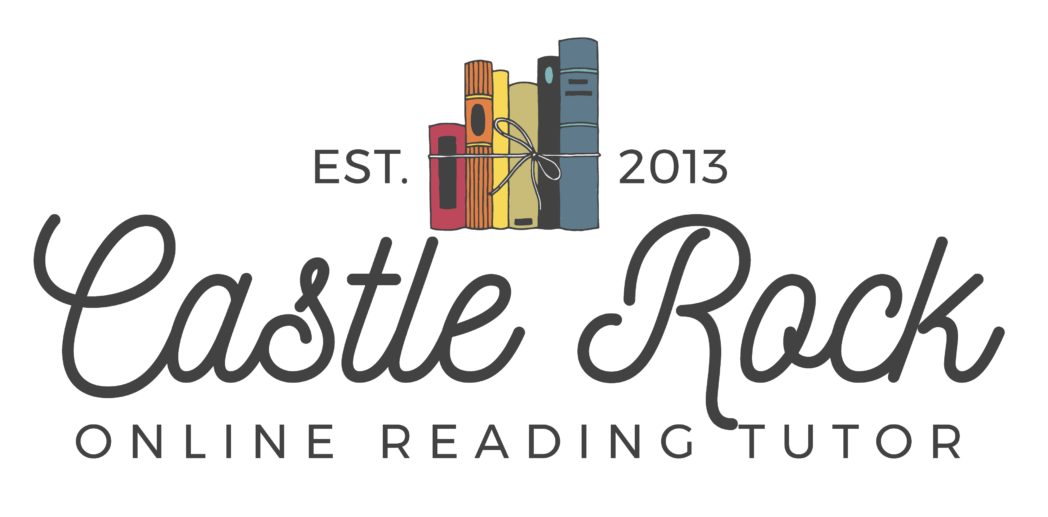
Social media is a 24/7 resource for anyone to gain support. Follow me / Share/ Like
Facebook Pinterest Instagram YouTube Linked In
[contact-form to=’castlerocktutoring@gmail.com’ subject=’Questions about reading and math’][contact-field label=’Name’ type=’name’ required=’1’/][contact-field label=’Email’ type=’email’ required=’1’/][contact-field label=’More information about reading, math and possible discounts’ type=’checkbox-multiple’ options=’Agree’/][contact-field label=’Comment’ type=’textarea’ required=’1’/][/contact-form]
by Ann Mitchell | Aug 17, 2018 | Home
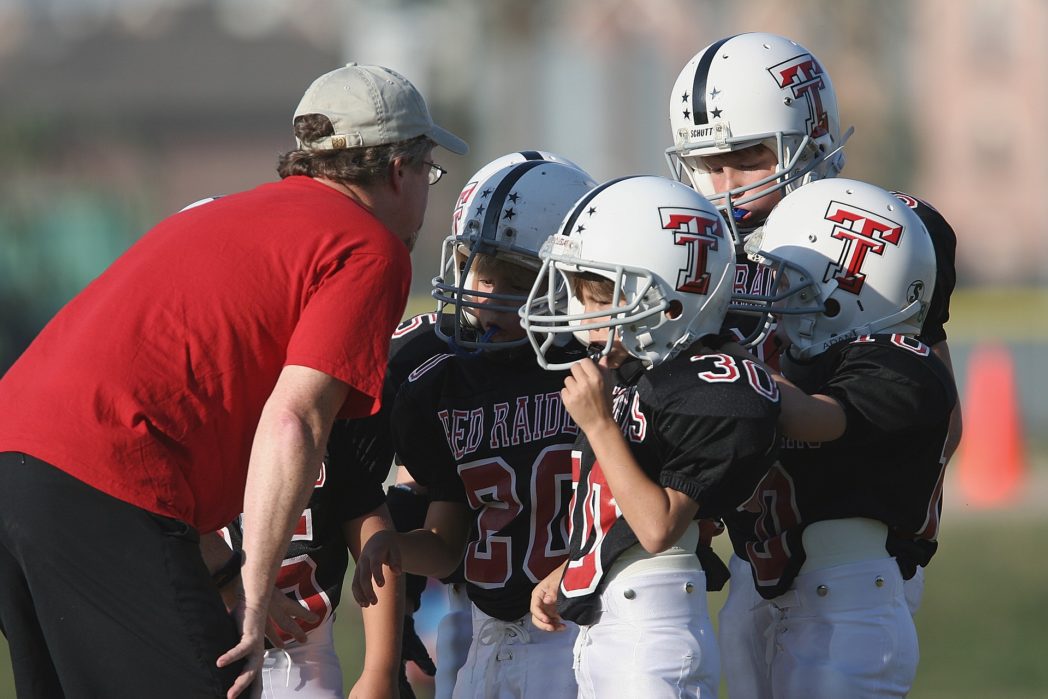 This time of year is so busy. Parents and their kids are wrapping up Summertime projects and returning to school. Many sports teams are getting ready to start their seasons. Whether it is little league or the big league reading is a major part of learning the sport. Kids always dream of being the big football or tennis star. What are some of the requirements of becoming a college-bound football player for example?
This time of year is so busy. Parents and their kids are wrapping up Summertime projects and returning to school. Many sports teams are getting ready to start their seasons. Whether it is little league or the big league reading is a major part of learning the sport. Kids always dream of being the big football or tennis star. What are some of the requirements of becoming a college-bound football player for example?
While learning about college level sports the NCAA came to mind. Each state is different but in the article written by Dr. Bruce J. Bukowski,” A Comparison of Academic Athletic Eligibility in Interscholastic Sports in American High Schools” states that GPA varied across the 125 schools studied but the average needs to be 2.0 – 2.5 to move onto the college level. (Bukowski, 2018) The recruitment for high school athletes occurs throughout the year. Check out the 2018 –
2019 calendar here.
What’s it take to be eligible to apply for Division I or II status?
- First, you would need to create an account here
- Transcripts
- Test scores (ACT, SAT)
- Proof of high school graduation
There it is proof of high school graduation. If you cannot graduate or have a high enough score on an ACT or SAT to get into that dream school, those transcripts are going, to tell the truth. On those graduating transcripts, it will show grades during your entire high school career.
The high school career begins when that dreamer starts playing little league. Sure there is pressure to hit that home run, run in that touchdown or score that goal. The most important things are grades and that high school career if that dreamer wants to play college sports. What are the odds of going straight to the Pros? Here is what we found is that approximately 8 in every 10,000 college level players move on the professional level. Based upon the article (2018) 1.5%of high school athletes make it straight to the pro league.
So what does reading have to do with sports? If you have a child who has just started in that little league (a dreamer) who thinks they could go and be the big pro player and struggles with reading. Contact Castle Rock Online Reading Tutor I will be more than happy to help support your child in reading or direct them to an ACT or SAT tutor.
“Champions keep playing until they get it right” – Billy Jean King



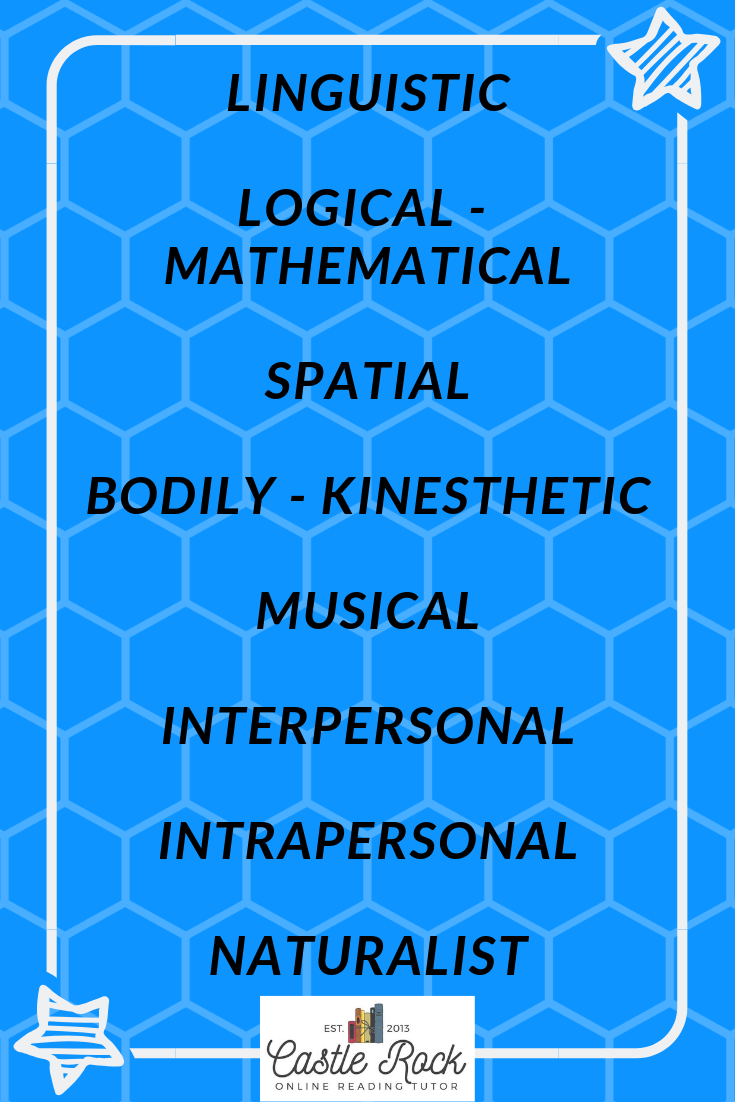
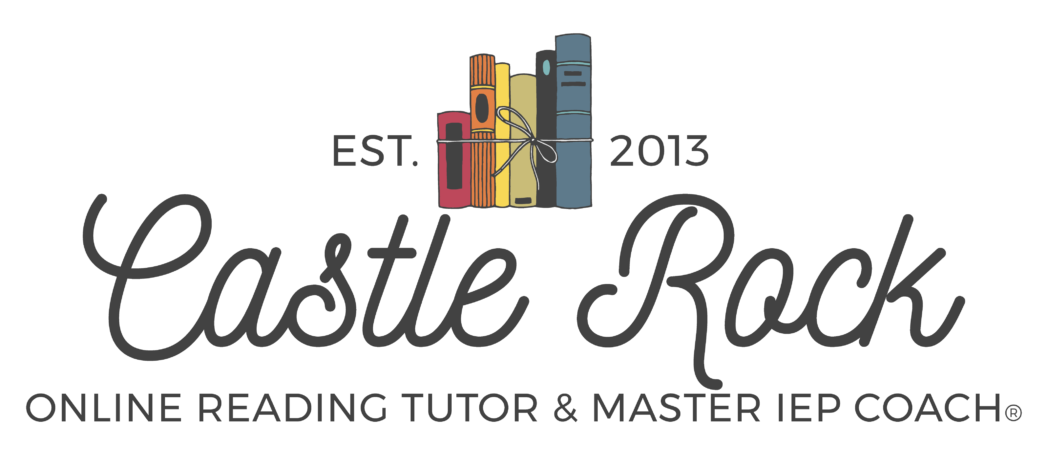



 have mainly words on it)
have mainly words on it)
 Does your child struggle in both reading and math? As a Special Educator and a tutor, I have worked with many children who not only struggled in reading but struggled with math as well. During this past year, I have researched about the difficulties students have in school (reading and math). I mainly tutor struggling readers and have a concrete plan on how to close that gap quickly but math is different (for me it always has been) until recently. So if you have any questions about either please don’t hesitate to reach out.
Does your child struggle in both reading and math? As a Special Educator and a tutor, I have worked with many children who not only struggled in reading but struggled with math as well. During this past year, I have researched about the difficulties students have in school (reading and math). I mainly tutor struggling readers and have a concrete plan on how to close that gap quickly but math is different (for me it always has been) until recently. So if you have any questions about either please don’t hesitate to reach out. Reading
Reading
 Math
Math
 This time of year is so busy. Parents and their kids are wrapping up Summertime projects and returning to school. Many sports teams are getting ready to start their seasons. Whether it is little league or the big league reading is a major part of learning the sport. Kids always dream of being the big football or tennis star. What are some of the requirements of becoming a college-bound football player for example?
This time of year is so busy. Parents and their kids are wrapping up Summertime projects and returning to school. Many sports teams are getting ready to start their seasons. Whether it is little league or the big league reading is a major part of learning the sport. Kids always dream of being the big football or tennis star. What are some of the requirements of becoming a college-bound football player for example?
